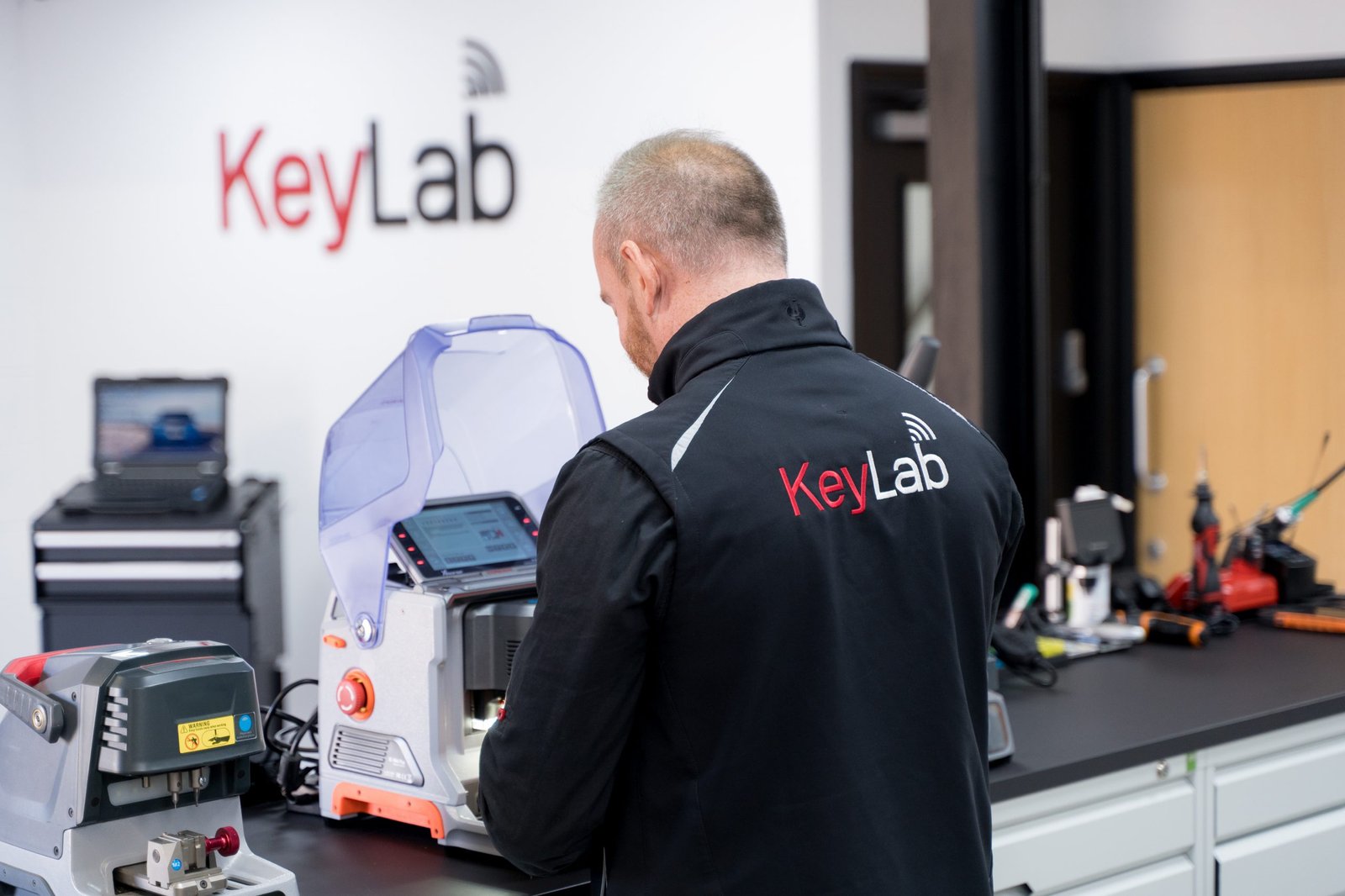Understanding Car Replacement Keys: Everything You Need to Know
Car replacement keys can be a crucial parts of vehicle ownership, particularly in an age where vehicle innovation is quickly advancing. Whether you've lost your original key, damaged it, or merely need an extra one for convenience, understanding the ins and outs of car replacement keys can conserve you time and money, in addition to minimize a few of the tension that includes losing a key. This detailed guide will look into what car replacement keys are, the types available, the replacement procedure, and frequently asked questions.
Kinds Of Car Replacement Keys
When it pertains to car keys, there is no one-size-fits-all solution. Vehicle manufacturers use numerous types of keys, each featuring unique innovations. Below is a summary of the most common kinds of car keys:
| Type of Key | Description | Common Usage |
|---|---|---|
| Conventional Key | A basic metal key that operates a mechanical lock. | Older design lorries. |
| Transponder Key | A key with a chip that produces a signal to the car's ignition. | Many cars made after the 1990s |
| Smart Key/Keyless Entry | A fob that permits for keyless entry and ignition. | Modern cars equipped with innovative security systems. |
| Remote Head Key | A combination of a conventional key and a remote key fob. | Numerous contemporary automobiles. |
1. Standard Keys
Standard keys are made from metal and rely simply on mechanical interaction with the lock and ignition system. They are generally found in older cars. Replacing conventional keys is fairly straightforward, as a locksmith can quickly create a copy.
2. Transponder Keys
Transponder keys are embedded with a microchip that interacts with the car's ignition system to allow it to start. If the signal is not acknowledged, the car will not start. To replace a transponder key, special programming is frequently required, which can usually be done by a car dealership or specialized locksmith.
3. Smart Keys/Keyless Entry
Smart keys or keyless entry systems have become significantly popular in contemporary lorries. These gadgets allow the chauffeur to unlock and begin their car without getting rid of the key from their pocket or bag. Changing clever keys is usually more expensive and complex than changing standard keys, as they should be configured to deal with the particular vehicle.
4. Remote Head Keys
Remote head keys combine a physical key with a remote control function, permitting keyless entry. Replacements typically involve duplicating the key and reprogramming the remote function.
The Replacement Process
The actions taken to replace a car key will vary depending upon the type of key and the policies of the producer or locksmith professional. Here is a breakdown of the general procedure for each key type:
Traditional Key
- Check out a locksmith professional or hardware store: Bring your existing key, if offered.
- Ask for a key duplication: The locksmith professional will produce a copy of your key.
- Check the new key: Ensure that it works smoothly in both the door and ignition.
Transponder Key
- Confirm vehicle information: Gather details such as the Vehicle Identification Number (VIN) and evidence of ownership.
- Contact a dealership or specialized locksmith professional: Some may even use mobile services.
- Programs: The new key must be programmed to couple with your vehicle's ignition system.
- Test the brand-new key: Ensure it unlocks the doors and begins the ignition.
Smart Key/Keyless Entry
- Supply vital documentation: This usually includes proof of ownership and recognition.
- Consult a car dealership: Due to the intricacy, car dealerships often handle wise key replacements.
- Programs: The clever key should be programmed to communicate with your vehicle's onboard computer.
- Evaluating: Always validate that the keyless entry and ignition functions operate flawlessly.
Remote Head Key
- Collect required info: This must include evidence of ownership.
- Check out a locksmith professional or dealer: Discuss your requirements and specifications.
- Replacement and shows: Expect to have both the key duplication and remote programs done at the exact same time.
- Test functionality: Check both the key and remote functions.
Frequently Asked Questions (FAQs)
1. How please click the following website does it cost to replace a car key?
The cost varies by key type and vehicle make/model. Standard keys might cost just ₤ 2-₤ 5, while transponder keys and wise keys can vary from ₤ 50 to ₤ 500 or more.
2. Can I replace my car key myself?
While standard keys can often be duplicated easily, transponder and wise keys need customized programs that generally necessitates expert help.
3. What should I do if I lose my car key?
Find a reputable locksmith or dealership to go over alternatives. Guarantee that you have proof of ownership ready.
4. Exist any alternatives to traditional keys?
Yes, keyless entry systems, smartphone apps, and smart keys are contemporary options to the traditional key.
5. How can I avoid losing my car type in the future?
- Utilize a devoted spot in the house for your keys.
- Consider key finders or Bluetooth trackers.
- Get a spare key made and keep it in a safe location.
Car replacement keys are a vital element of vehicle security and convenience. With different kinds of keys readily available, comprehending the distinctions and replacement options is important for each car owner. Should you discover yourself in the regrettable circumstance of losing or damaging your key, being notified can assist speed up the process and decrease tension. As technology continues to progress, so will the methods of replacing and securing our lorries-- making it important to stay notified about your alternatives as a car owner.

